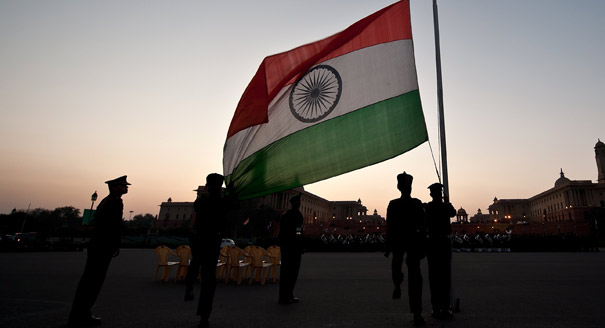Source: Atlantic
In India, parties across the political spectrum nominate candidates who have criminal cases pending against them. The country’s two truly national parties, the Bharatiya Janata Party and the Indian National Congress, both select a fair number of parliamentary candidates—14 and 11 percent, respectively—who face serious charges, such as assault or murder. In one sense, the answer to why these parties nominate candidates with criminal backgrounds is painfully obvious: because they win. Across the past three general elections, “clean” candidates had a win rate of 6 percent. The win rate for candidates facing a charge of any type, by contrast, was just above 17 percent, and those facing serious charges had an 18 percent chance of winning. While there is some variation in the prevalence of candidates with criminal cases across parties, this is not an issue facing any one political party or type of party: It is clear that criminality in politics is widespread.
This short book excerpt was originally published in the Atlantic.





